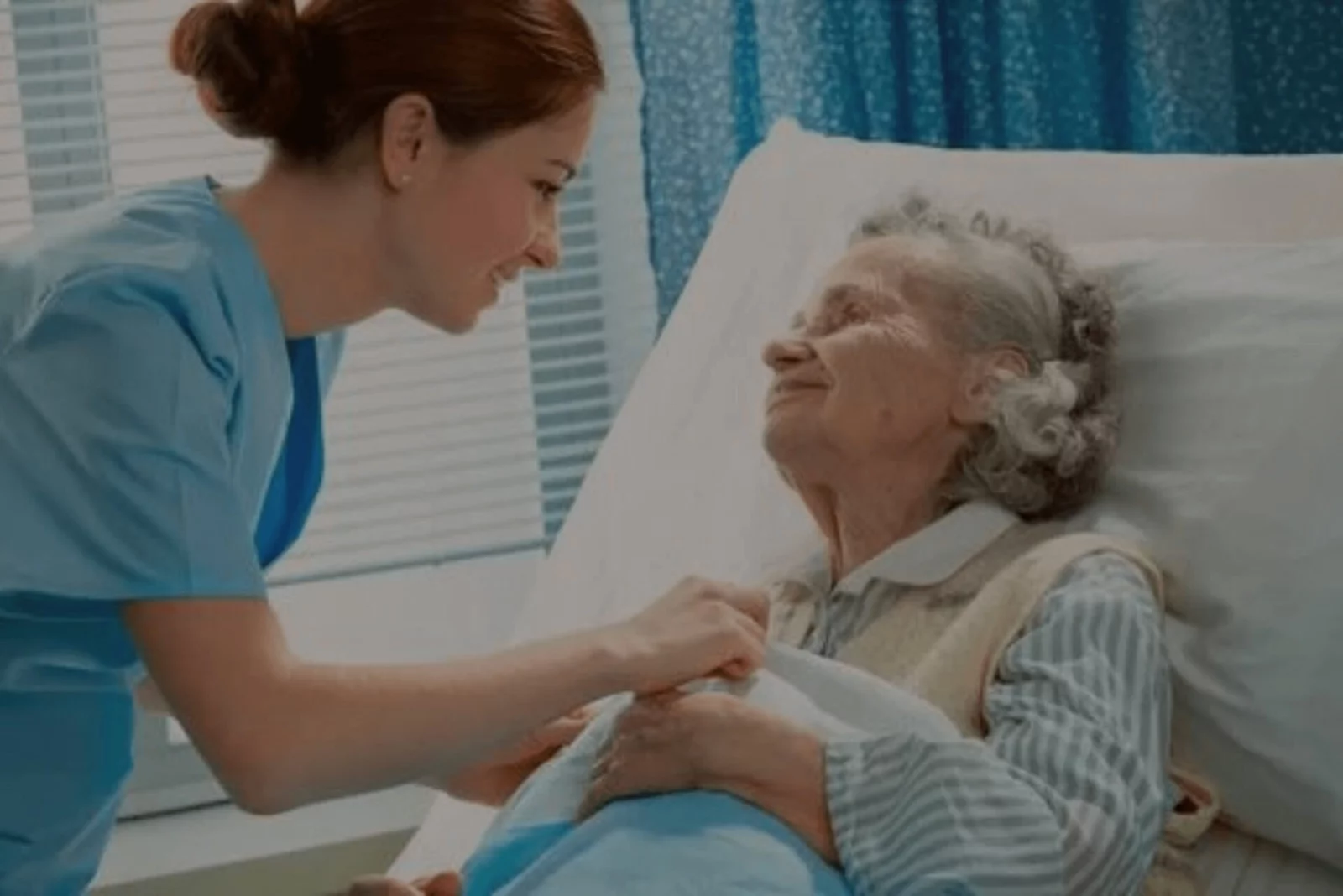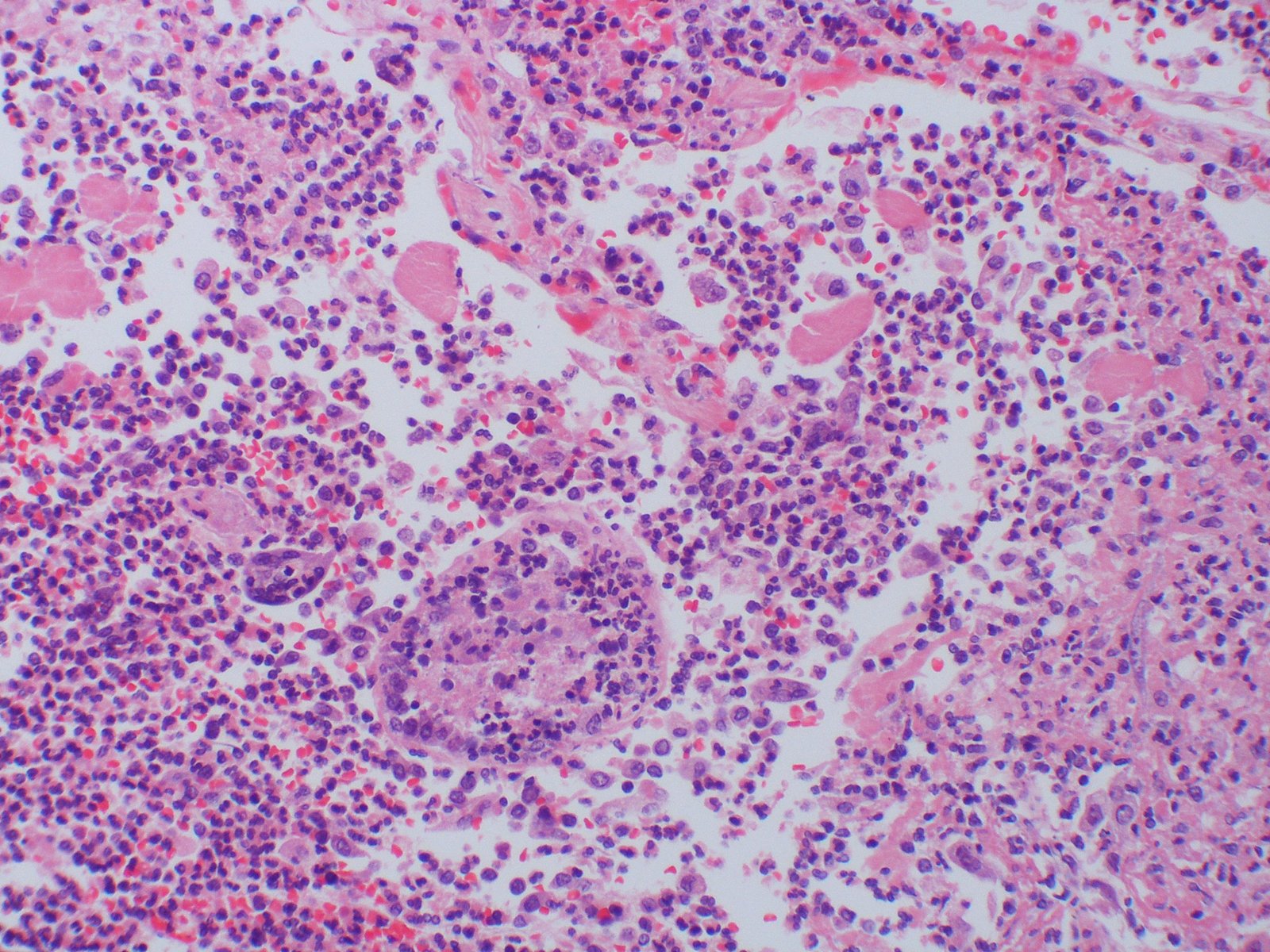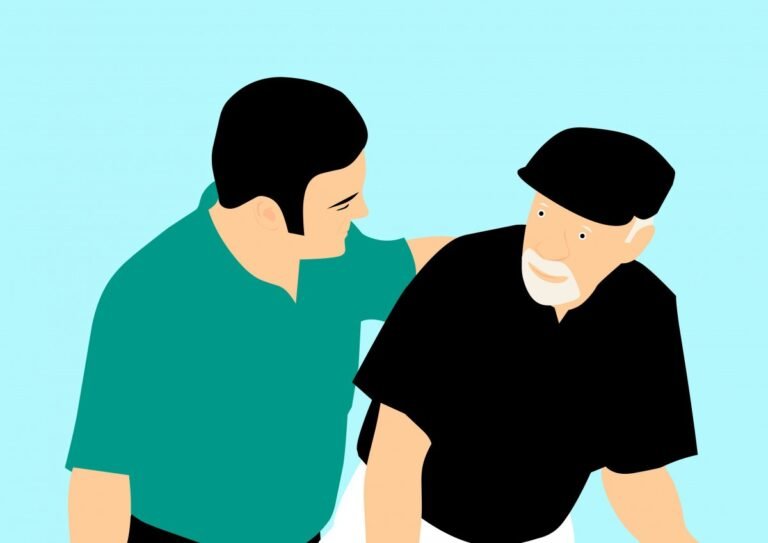Do Dementia Patients Know They Are Dying?
Dementia is a scary diagnosis to deal with for both patients and their families. In the late stages of dementia, patients become more vulnerable to infections and diseases which may prove fatal in some cases.
Being a progressive disease, dementia is quite lethal. In 2019, 1.8 million deaths were recorded worldwide by dementia. Caring for a loved one with dementia can be a distressing and challenging situation as their cognitive working declines. But with the right amount of support and care, families and caregivers can make the patient’s journey to death a bit peaceful.
Are Dementia Patients Aware of Their Condition?
Yes, some individuals with dementia may experience a moment of clarity regarding their condition. They might have little awareness or understanding regarding their sickness. Patients in such cases may express their feelings by exhibiting signs of discomfort or stress.
In the early stages of the disorder, the patients may mistake these mild symptoms to be the typical signs of aging. But as the symptoms get severe, they may consult a healthcare professional. After diagnosis, patients in the early stages might be aware of their condition and its implications.


However, as the disorder worsens, dementia patients may lose track of their illness. Their cognitive disability might make it hard for them to contemplate their mental well-being and assess their condition.
Dying patients with dementia sometimes may experience moments of understanding. These moments can offer closure and a glimpse of awareness to dementia patients. However, patients might not be able to understand the phenomenon deeply as they lack good cognitive functioning.
Symptoms of Stage Dementia
To ensure the right amount of support for your loved ones, it is crucial to know the late-stage symptoms dementia patients may be showing.
Severe Memory Loss
Patients with dementia show severe memory loss in the late stages. They struggle with retrieving old memories as well as the recent events. Their memories can become fragmented leading to confusion and agitation.


Patients might not be aware of their surroundings and in some extreme cases, they might lose track of their loved ones.
Communication Difficulties
Communication difficulties are commonly seen in dementia patients as their cognitive abilities are compromised. Patients may find it hard to form sentences, they may communicate in short phrases or single words.
In the late stages when patients completely lose their hold on verbal communication, they opt for non-verbal communication to express their feelings, Patients with dementia might also have to struggle with their inability to express how they feel, which might lead to agitation or frustration.
Swallowing Problems
Another commonly seen phenomenon in late-stage dementia patients is swallowing difficulties. In the late stages of dementia, the muscles for chewing and swallowing can become weak, leading to problems.
The loss of coordination between muscles in chewing or swallowing may also deteriorate as the disorder progresses.
Severe Behavioral Changes
Patients with dementia in their late stages may also exhibit severe behavioral changes. These changes can be distressing for both the patients and their loved ones.
Patients may show signs of aggression, frustration, sundowing, hallucinations, delusions, social withdrawal, and an elevated sense of paranoia. However, caregivers must remain patient and deal with patients with love and care.
Incontinence
Late-stage dementia patients may encounter both urinary and fecal incontinence. Patients with dementia may struggle with realizing the need to use a toilet.
They experience involuntary leakage or loss of bladder control. Dealing with incontinence in late-stage dementia patients is quite a troublesome situation for caregivers but with patience and understanding, they can maintain the dignity and comfort level of the patients.
Weight Loss
Weight loss is commonly seen in late-stage dementia patients as the disorder is accompanied by cognitive decline. Patients may forget to eat, have difficulty swallowing, or lose interest in food.


Other than these aspects, dementia patients may be suffering from psychological distress such as depression or anxiety which can affect their appetite or eating habits.
Sleep Disturbances
Dementia patients may also encounter sleep disturbances. They may have to deal with irregular sleep patterns, afternoon naps, or frequent nighttime walking.
The main reason for a disturbed sleep pattern in dementia patients is a disrupted body clock or circadian rhythm. This common symptom can affect both the patients and caregivers significantly.
Impaired Mobility
Mobility becomes increasingly challenging for dementia patients in the late stages. The patients may become bedridden or require a wheelchair.
Patients usually require assistance in small tasks such as maintaining posture and moving from wheelchair to bed. With increased impaired mobility, the risks of harm to the patients are elevated. In this stage, patients require supervision and depend on caregivers for mobility and assistance in daily activities.
Increased Vulnerability to Infections
With small or no appetite for an extended period of time, dementia patients may develop a weak immune system. The immune system deteriorates in the late stages of dementia making the patients more vulnerable to infection.
Can Dementia Patients Grasp The Concept of Death?
The ability to grasp such complex concepts varies with the stages of dementia. In the early stages, dementia patients may be able to understand what death is just like any other person who doesn’t have dementia would.


However, as the disease progresses, so does the decline in their cognitive abilities to reflect on such topics. In advanced stages of dementia, individuals may not have the cognitive ability to comprehend the concept of death and its significance.
Caregivers or families need to approach patients with sensitivity when having discussions over sensitive topics that could distress the patient.
Is There a Specific Stage Dementia Patients Realize They Are Dying?
No, there isn’t a specific stage in dementia where patients realize they are close to death. The awareness of death is a complex topic and varies significantly from one person to another.
Patients in the early stages of dementia may find it easy to digest the concept of death whereas, in the late stage, cognitive impairment becomes more severe hindering patients’ ability to understand and express their thoughts about death.
However, moments of clarity can still occur, even in the late stages of dementia. These moments may provide individuals with glimpses of understanding, but the depth of their understanding can be limited due to cognitive decline.
Is There Any Main Cause of Death in Dementia Patients?
Dementia itself is typically not considered the cause of death. It significantly increases the vulnerability of individuals to various health challenges. It’s more about the other health complications and underlying issues that have an impact on a person’s physical health.
Patients in their late stages of dementia may show symptoms that suggest they are close to death. However one of the most common causes of death in dementia patients is pneumonia infection.


Other possible reasons for the expiration of dementia patients can be urinary tract infections, falls and fractures, accidents, or comorbid health conditions.
Providing Caregiving and Support
Providing care and support to dementia patients in the late stages of the disease is significant. It requires patience, and deep compassion to enhance the quality of life of these patients.
Maintain Comfort
Prioritize the patient’s comfort. Ensure nothing around them possibly makes them uncomfortable or triggers them. This includes ensuring they are clean, dry, and free from any sort of pain.
Assistance with Daily Activities
Patients in the late stages may struggle to complete their everyday tasks. Assist them with dressing, feeding, and grooming. Keep a close check on their hygiene.
Nutrition and Hydration
Ensure the patient is getting proper nutrition as per their needs. Provide the patient with water often and make sure they are hydrated.
Emotional Support
Despite their inability to express themselves, dementia patients still have feelings. Engage in activities that amuse these patients and provide emotional support.
Effective Communication
Use clear and simple words. Offer reassurance to the patients and maintain a calm and respectful tone.
Easing the End-of-Life Journey For Dementia Patients
Certain strategies can provide comfort to patients with dementia as they approach the journey to death. Families and caregivers should stay humble and understanding for their loved ones as they get closer to death.
Pain Management
Ensure the person is free of any pain or discomfort by watching them closely. Look for any signs that may suggest physical discomfort.
Symptom Management
Look out for negative symptoms such as agitation, anxiety, and aggression. Address these symptoms by providing medication or by using non-medical strategies.
Hospice Care
Consider transitioning to hospice care to ensure the quality of life for patients.
Family Involvement
Encourage family involvement in the caregiving process. Families should stay close to their loved ones as they are close to the end of a journey. Provide them with emotional support and care.
Editor’s Pick: Are Keto Pills Safe for Seniors & Do They Actually Work?
Conclusion
The awareness of slowly approaching death in dementia patients is a complex aspect of their journey. What’s vital is to provide deep care and emotional support to dementia patients throughout their journey, whether or not they fully grasp the concept of their mortality. Understanding the individual needs, preferences, and emotional states of each person is essential to providing the best possible care and easing their end-of-life journey.
FAQs
Can dementia patients understand their mortality in the early stages?
Yes, patients in the early stages can comprehend the complexity of death. However, with the progression of the disease, it might not be possible to do so.
Are there any ethical considerations when discussing death with dementia patients?
Make sure to respect their autonomy, stay honest, and ensure conversations are conducted calmly and respectfully.
Can dementia patients express their end-of-life wishes?
Dementia patients may be able to express their end-of-life wishes in the early stages of their disorder. It is significant to document their preferences when they can still do it.
Can people with memory problems understand they are sick?
Yes, people with mild memory problems may understand they are sick. However, with moderate or advanced problems, understanding can decrease.
Do all dementia patients know they are getting closer to the end of life?
No, not all patients with dementia are aware that they are approaching death.



![Why Do Dementia Patients Stare At You? [Behaviour Explained]](https://caringhandshomecarefl.com/blog/wp-content/uploads/2023/11/Why-Do-Dementia-Patients-Stare-At-You-768x511.jpg)



